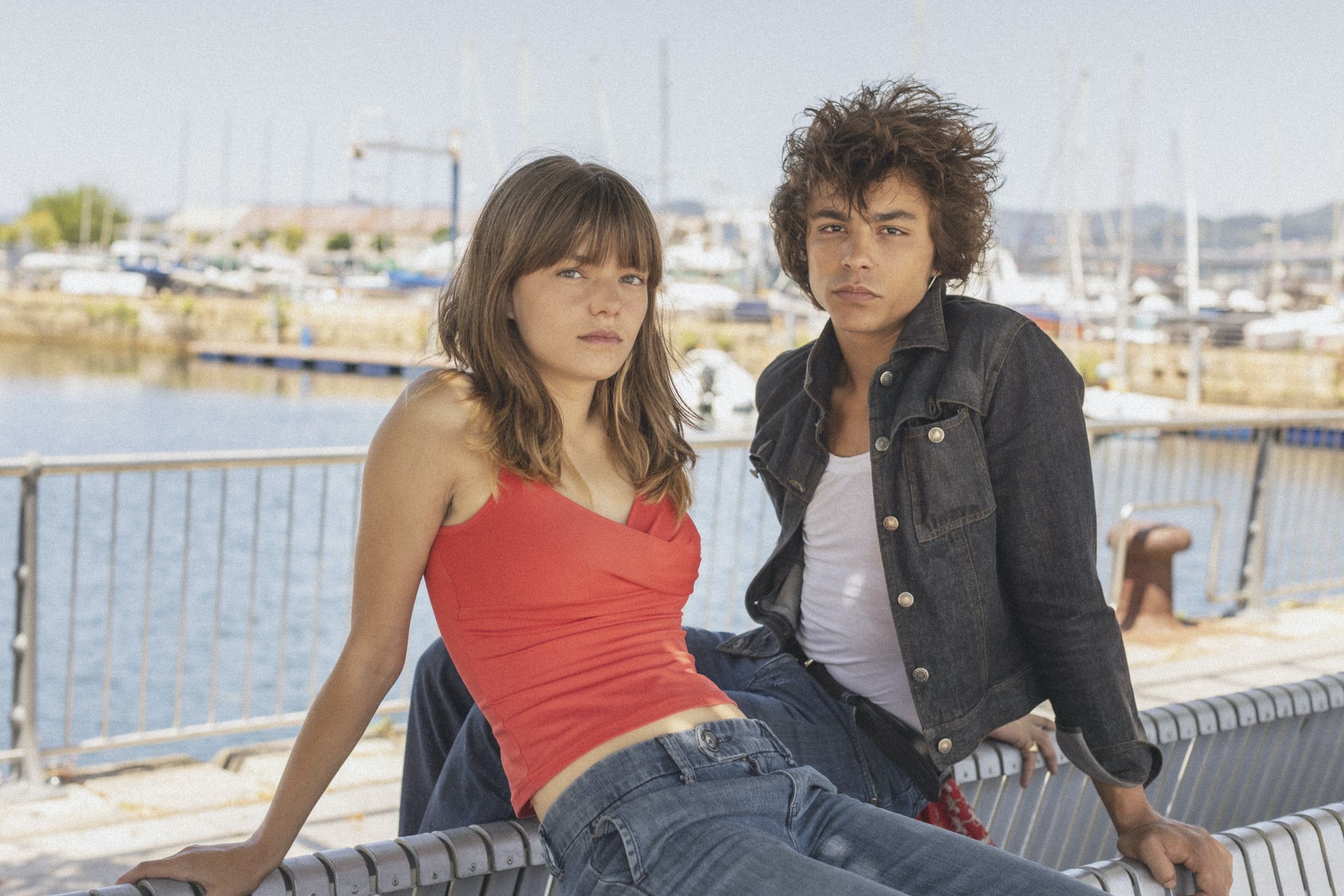Director: Carla Simón
Writer: Carla Simón
Stars: Tristán Ulloa, Sara Casasnovas, Llúcia Garcia
Uncovering Family Secrets: A Journey in ‘Romería’
Synopsis: Armed with her mother’s diary, Marina embarks on an official quest for her biological family’s documents on the Atlantic coast. What begins as a simple administrative task quickly spirals into the revelation of long-buried family secrets.
Carla Simón: A Champion of Memory and Identity
Since her remarkable debut with Summer 1993, Spanish filmmaker Carla Simón has created a heartfelt trilogy delving into the intricacies of family dynamics and identity. Her films twist and weave through her life experiences, capturing moments from her childhood without drowning in the clichés of nostalgia. Instead, she offers a fresh perspective that challenges the audience to reflect without overwhelming sentimentality.
A Poignant Conclusion: ‘Romería’
Following her acclaimed film Alcarràs, which won the Golden Bear, Simón brings us Romería, competing at the prestigious Cannes Film Festival 2025. This poignant film marks the final chapter in her exploration of family, memory, and coming-of-age, shifting from the pastoral landscapes of Catalonia to the captivating coastlines of Galicia.
Set in the summer of 2004, Romería follows **Marina** (played by **Llúcia Garcia**), an 18-year-old who returns from Barcelona to Vigo, a town steeped in familial lore. She must acquire her biological parents’ death certificates to secure a film school scholarship, a journey weighted with the burden of loss and memory. Both of her parents succumbed to AIDS during the devastating ’90s epidemic, complicating her search for identity through a prism of familial disconnection.
Light and Darkness: The Duality of Memory
In grappling with her past, Simón beautifully contrasts her narrative with that of fellow director **Julia Ducournau**, whose film Alpha explores a similarly grim period. While Ducournau reveals shadows and societal anguish, Simón embraces the sunlight that bathes Galicia’s shores—where her parents once loved deeply. Though Romería acknowledges painful memories, it transfigures them into moments of exquisite beauty and connection.
As Marina’s journey unfolds, **Simón** invites the audience into her world with a candidness that disarms. The warm embraces of her aunts and cousins stand in stark contrast to her Uncle Iago (played by **Alberto Gracia**), the family’s lone voice committed to uncovering the painful history surrounding her parents’ struggles. Iago’s revelations serve as keys to unlock the fragmented memories that haunt Marina, forcing her to confront both love and loss.
Memory as a Fluid Landscape
Simón’s storytelling style infuses Romería with a poetic cadence, allowing the past and present to flow seamlessly. One touching scene reveals a moment of recognition: Marina’s grandmother tells her how much she resembles her mother. This opening ignites a journey back to the ‘80s, where we witness the budding love between her parents, portrayed with earnestness by Garcia and **Mitch Martin**. This casting choice embodies a daring move, as they are not only stand-ins but also represent Simón herself, tangled in a web of imitative love and loss.
Simón’s insightful use of her mother’s diary as a narrative device adds layers to the storytelling. It provides a prism through which we glimpse the past—navigating memory as if Simón herself were unveiling it for the first time. This technique serves to amplify the emotional resonance, illustrating how fragile our recollections can be, and how they shape our identities.
As the film progresses, the tone shifts; what starts as a beatific recollection deepens into darker territories dominated by addiction and despair, mirroring the narrative arcs of classics like Deprisa, Deprisa by **Carlos Saura**. The poignancy of past tragedies resonates throughout Romería, merging Simón’s narrative with broader societal themes of addiction and loss.
The Search for Truth
In this narrative tapestry, Simón compels us to ponder the nature of memory itself—**why do we choose which family stories to share, and which to conceal?** The heart of Romería pulses with these questions, striving to provide clarity amidst the blurred, shadowy landscape of human experience. Ultimately, **Simón** crafts a universally relatable tale—not merely about familial loss, but also about the relentless quest for understanding in the wake of memory’s ephemeral nature.
Final Thoughts: An Emotional Masterpiece
Grade: A-







